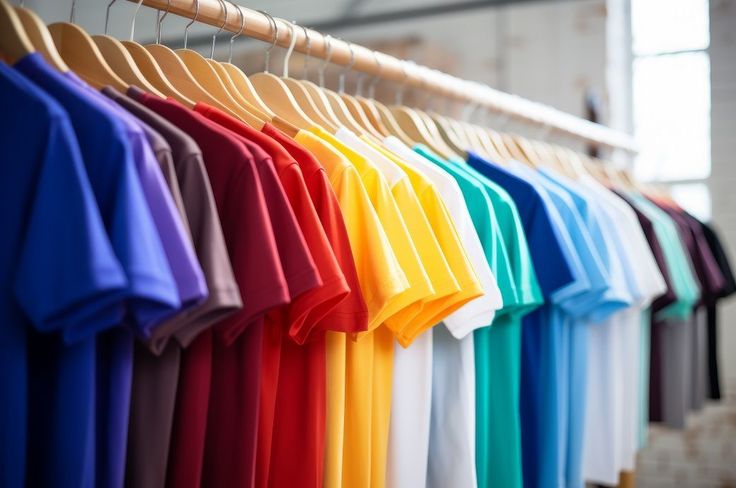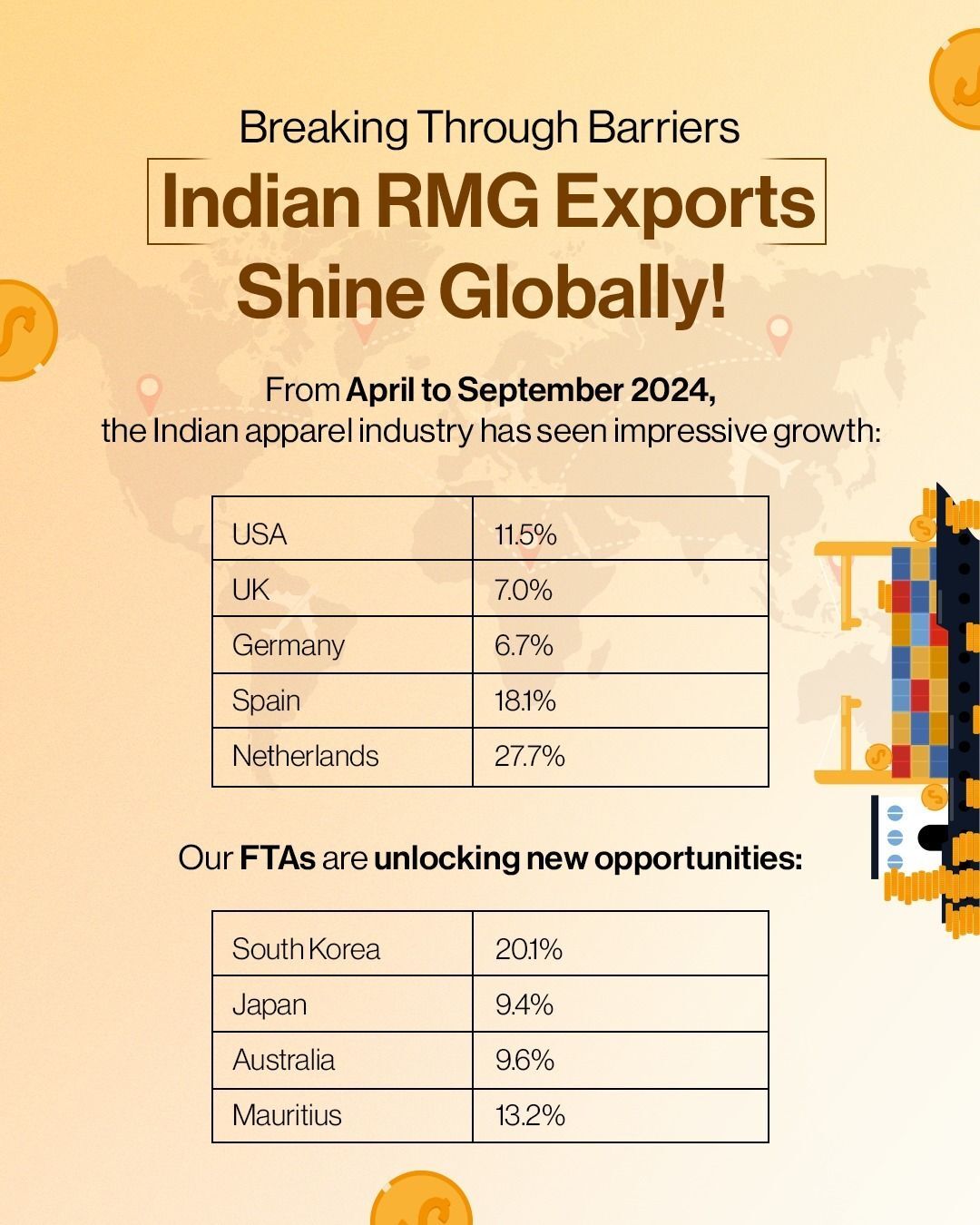Brands in France want to improve their textile traceability. Transparency has gained traction, becoming a primary concern for brands that had previously emphasized sustainable or recycled materials and the disuse of harmful fur and leather. Accountability has come into apparel sourcing, which includes concerns for textile supply. Brands have identified social and environmental priorities. Beyond textiles, brands have struggled with the human aspect, casting child labor, forced labor and workplace safety.
Brands are primarily interested in the use of chemical products, harmful to human beings and the environment alike. This criterion has a strong lead, with much more sway compared to water consumption, transportation optimization for goods or the question of greenhouse gas emissions. Chemical use is of main interest, since it could protect consumers from the direct effects of carcinogenic products, for example.
Retailers now want to do away with the bulimic nature of supply, which nevertheless prevails on orders. Brands no longer want to take risks and now only order what they are near-certain to sell. They are more cautious, measured and less committed at the start of the season. For 2020, about 35 per cent of brands want to reinforce their short-term sourcing, compared to the 65 per cent who wish to maintain their share of orders.












